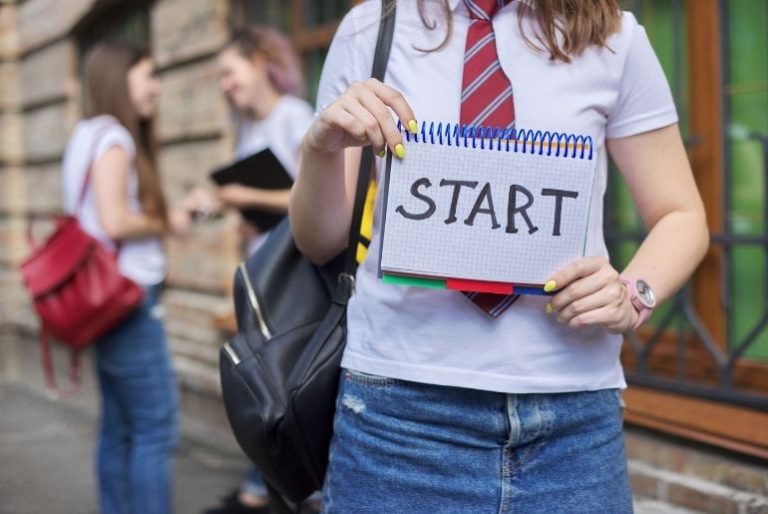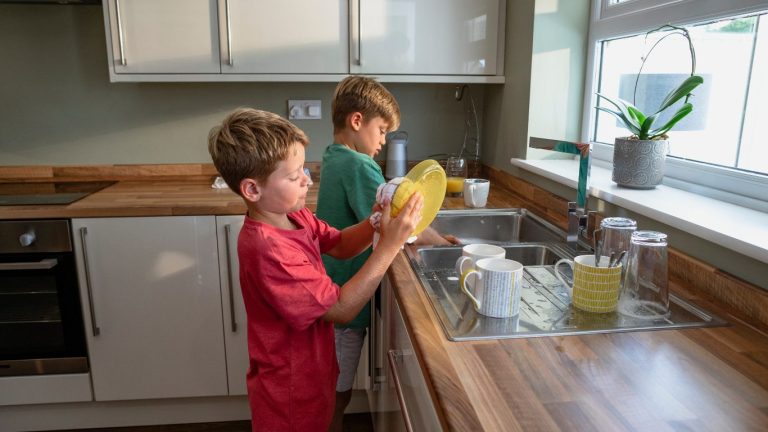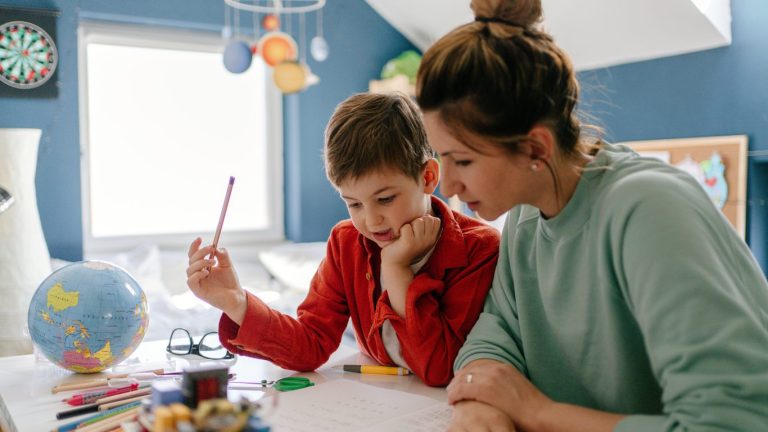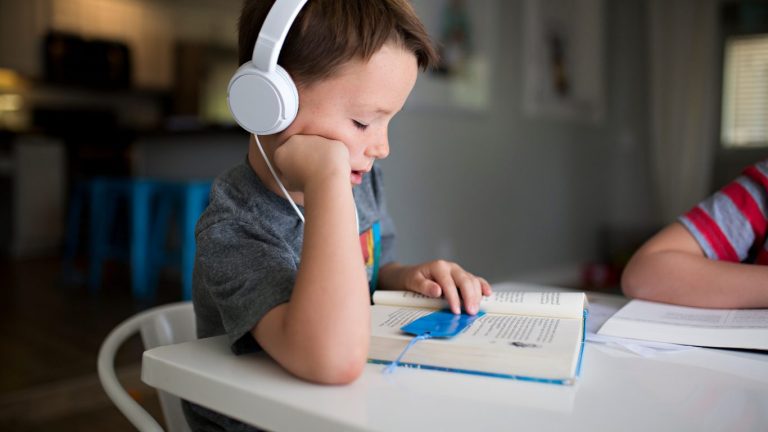In the old days when I was growing up – way back in the sixties and the seventies – school and home seemed like two different and separate worlds.
If you failed at school, chances were your parents thought perhaps you went to school to eat your lunch or have a snooze. Maybe they thought you were lazy or ‘not academic’ or better at ‘practical things.’ Whatever many mums and dad’s really thought about what was happening at school they didn’t want to make a fuss or put anyone out. School was best left to the teachers and it was up to the child or young person to make the most of it…or not.
Making a Success of Starting Intermediate or High School
Many young people slipped through the school system without notice and certainly without anyone investigating what was going on for them in those days. But these days parents and teachers know there are many possibilities that can be looked at and many supports available that can make a huge difference to our learning.
We also know how important it is for every young person to be experiencing success in school. Not just to pass exams but to develop self-esteem and healthy relationships with others. These skills contribute to very foundations that most of us use to build a life on.
It was while I sat in a large busy secondary school putting a plan together with a Year 10 student moving into his senior years that I was flooded with mother guilt. Everything was looking great for the young man in front of me. We had the options he wanted, the perfect subjects, the laptop , the writer for assessments, peer tutoring ready to start in 2014 – and he was beaming. I was smiling too but mildly panicking on the quiet. Would my own son be able to bounce so confidently off to his Intermediate school next year? Who was putting a plan in place for him?
William has a processing disability. We had him assessed by an Educational Psychologist this year and she confirmed he takes a lot longer than most kids to think through and share an idea and especially to write. Knowing this was a huge relief for William. He had been feeling a real failure – never getting work copied off the whiteboard or finished, low scores in his basic facts tests and to understand ‘why’ has been life changing. His primary school teachers have been helpful and mostly understanding but he’s leaving them behind.
Transitions are important points in schooling. How they are managed depends on the arrangement between the schools. Usually the school the students are going to send teachers to the primary or Intermediate to talk to the teachers and find out about the students. There are sometimes a lot of students coming into their schools. If you have any concerns around your child term 4 is a great time to contact next years school to make an appointment to see the Head of Learning Support.
I rushed home from my work day and did just that. We met Lucy, an AP from the Local Intermediate. The following week we met and talked through what William was good at and what he found challenging. We cleared up (I think) that he does not have global learning delays, that he isn’t lazy or daydreaming when he doesn’t get work finished . The way his brain is wired means he will need more time for less written work than other students and he will need a writer for assessments. Lucy asked questions, made notes and we hope, is going to think carefully about the teacher he gets. She also suggests he brings a portable device to work on and our challenge will be to find which one (and pay for it) over the next few months. We leave feeling reassured that William will be in good hands.
My growing boy doesn’t ask any more for the stories he once loved . “ Willie Billie Button and the Little Blue Car” was a regular serial as we drove to school each morning in the Blue Mitzi Colt. The adventures mum, Willie and Tess ( the puppy ) shared were one of the mornings highlights way back in the junior school days. I shamelessly loved being begged for just one more at bedtime even if I had to shut the door to block out the laughing from the older kids. William has new adventures to look forward to next year and mum and Tess will be waving William off on a bike instead of dropping him at the school gates.
We’re going to miss our local primary with its familiar faces and spaces. We don’t know much about where we are going to but I’m probably going to take my own advice and work my way through the list below. These are ways of making sure your child is at least a little prepared for what’s to come. These are tips for maximising the chances that he or she can get off to a good start. That they can experience themselves as successful learners – and that’s a great foundation to build on. I might be spending time on the sidelines next year but I’ll be doing all I can to make this experience a good one for my boy.
Starting a new school:
- Go and have a walk around the new school in the weekend or holidays before.
- Talk to people who have children already attending.
- Organise how he will get there and who with.
- Make sure you have the right uniform and shoes. Work and Income might be able to help here.
- Go online and read the rules around what you can wear or take to school. This includes portable devices.
- Get a copy of stationery needed and buy it.
- Discuss the morning routine – get up time , making lunch , chores etc and write it up for each child.
- Have a copy of the child’s timetable on the fridge – they pack bag the night before with the text books, equipment and uniforms they need.
- All bags unpacked and notices on fridge as soon as they get home.
Homework routines from Day 1:
- Find a quiet space to put a desk.
- Make sure it’s tidy, has everything needed to work with and a desk light.
- Buy or borrow a decent study chair.
- Draw up a timetable, put aside 30 minutes a night for homework or study. No phones allowed in this time.
- Discuss ways of studying and look at what works best for your child – flash cards , highlighting , acronyms , silly rhymes , discussion, write notes , key words etc .
- Make sure someone is available to help child at home if they are not sure what to do.
- Use the schools intranet to read teachers notes put up on each class.
- Have the phone number of a classmate handy, just in case you and your child are not sure what to do.
- Study notes need to be filed neatly both on a portable device and in hard copy. Parents can help here.
- Agree to write down all the work given to do in a diary or in a phone / laptop planner.
- All phones and laptops left in kitchen and switched off overnight.
- Get all initial attempts to complete an assessment checked by teacher before the hand in date.
Making transitions can be difficult for both parents and children but with a bit of preparation, you can help your child adjust and have a positive start at their new school.
Is your child making a transition next year? Are there things that you will do to help them? We’d love to hear about what you’re doing – feel free to add your ideas in the comments below.
For more expert advice on Teen and Tween education, check out our Teen & Tween Education section.





